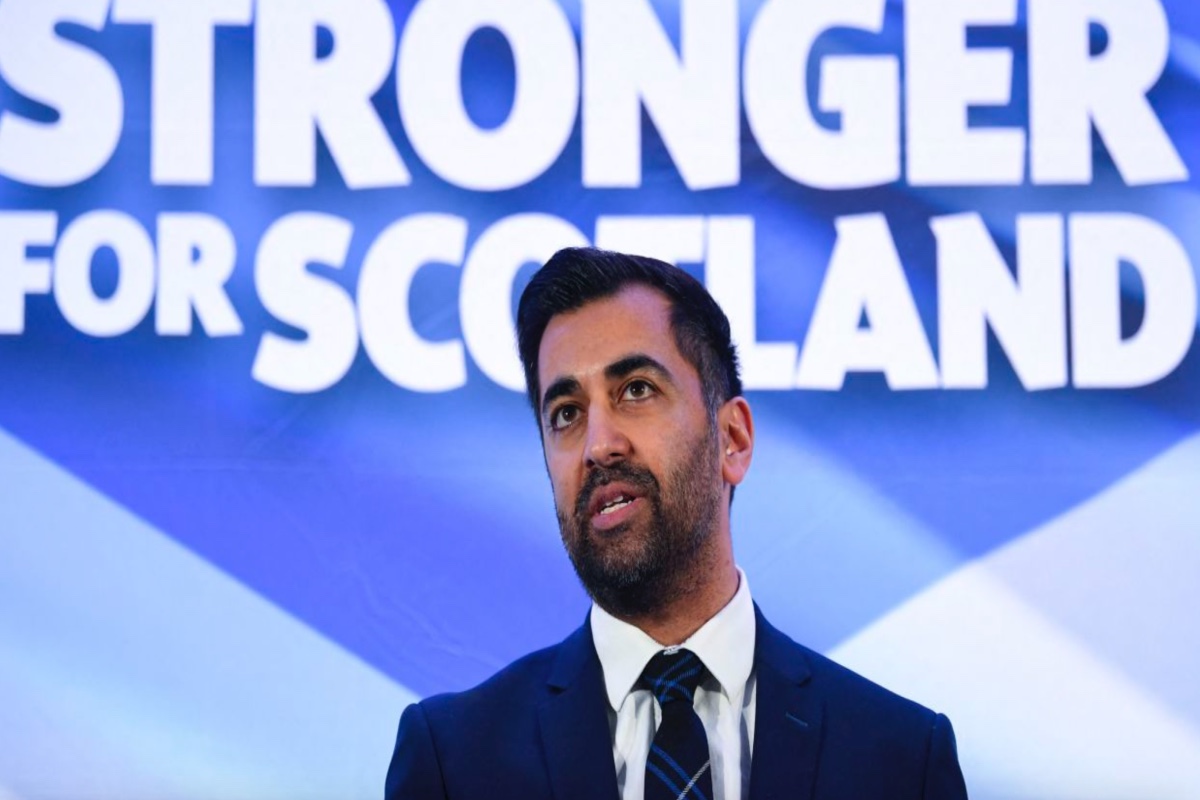I Have Muslims in My Family…
Courtesy Scott MacLeod, Cairo
 |
| A screen grab from the Al-Arabiya interview with President Obama. |
President Obama is continuing what has become a dizzying reach-out to the Muslim world and the Middle East. Having used his inaugural speech to promise Muslims a “new way forward, based on mutual interest and mutual respect,†he gave his first television interview as president—on only his sixth full day in office—to an Arab channel, the Saudi-backed, Dubai-based al-Arabiya. The interview follows the appointment of an Arab-American, former Sen. George Mitchell, as the Obama administration’s Middle East envoy.
It’s important for Americans as well as the people of the Middle East to understand how very significant Obama’s early moves are. He’s now made it clear that he has every intention of taking a new approach to the region. Here’s what we learned in the al-Arabiya interview, conducted by veteran journalist, Washington Bureau Chief Hisham Melhem:
Obama is critical of past U.S. Middle East policy, including insensitivity to the perspectives of the people in the region.
“All too often the United States starts by dictating — in the past on some of these issues — and we don’t always know all the factors that are involved. So let’s listen….
What we want to do is to listen, set aside some of the preconceptions that have existed and have built up over the last several years. And I think if we do that, then there’s a possibility at least of achieving some breakthroughs…
“We sometimes make mistakes. We have not been perfect. But if you look at the track record, as you say, America was not born as a colonial power, and that the same respect and partnership that America had with the Muslim world as recently as 20 or 30 years ago, there’s no reason why we can’t restore that. And that I think is going to be an important task.â€
Obama is not kidding when he says he intends to plunge into peacemaking immediately.
“We cannot tell either the Israelis or the Palestinians what’s best for them. They’re going to have to make some decisions. But I do believe that the moment is ripe for both sides to realize that the path that they are on is one that is not going to result in prosperity and security for their people. And that instead, it’s time to return to the negotiating table.
“People are going to judge me not by my words but by my actions and my administration’s actions.
“We’re not going to wait until the end of my administration to deal with Palestinian and Israeli peace, we’re going to start now. It may take a long time to do, but we’re going to do it now.â€
Obama seems to see the need to address the legitimate interests of Arabs in the Middle East conflict, but he’s going to judge their position based on their actions and not merely their words.
“I might not agree with every aspect of the [Arab peace plan sponsored by Saudi Arabian King Abdullah bin Abdulaziz al-Saud in 2002], but it took great courage to put forward something that is as significant as that.
“I also believe that there are Israelis who recognize that it is important to achieve peace. They will be willing to make sacrifices if the time is appropriate and if there is serious partnership on the other side.
Obama seems intent on winning over the Arab world, to bolster U.S. credibility in pushing his Middle East policy, by leveraging his personal popularity on the Muslim street based largely on his Muslim roots and underdog image and by effectively campaigning for support among Muslims as he did for American voters. This could have a significant impact on his ability to win backing for compromises from the Arab world needed to achieve peace. The Arab street as well as Arab governments were skeptical even of Bush’s better Middle East initiatives simply because they didn’t trust him.
“My job is to communicate the fact that the United States has a stake in the well-being of the Muslim world, that the language we use has to be a language of respect. I have Muslim members of my family. I have lived in Muslim countries.
“My job to the Muslim world is to communicate that the Americans are not your enemy.
“We’re going to follow through on our commitment for me to address the Muslim world from a Muslim capital. We are going to follow through on many of my commitments to do a more effective job of reaching out, listening, as well as speaking to the Muslim world.
“To the broader Muslim world what we are going to be offering is a hand of friendship.
As part of his endeavor to show respect, Obama seeks to assure Muslims and educate Americans about the distinction between Muslim extremists and Muslims who disagree with American policy. He’s saying that the war on terrorism is not a war on Islam, that not all Muslims are terrorists and not all terrorists are Muslims.
“My job is to communicate to the American people that the Muslim world is filled with extraordinary people who simply want to live their lives and see their children live better lives.
“What we need to understand is, is that there are extremist organizations — whether Muslim or any other faith in the past — that will use faith as a justification for violence. We cannot paint with a broad brush a faith as a consequence of the violence that is done in that faith’s name…
And so you will I think see our administration be very clear in distinguishing between organizations like al Qaeda — that espouse violence, espouse terror and act on it — and people who may disagree with my administration and certain actions, or may have a particular viewpoint in terms of how their countries should develop. We can have legitimate disagreements but still be respectful.
11-6













2009
936 views
views
1
comments